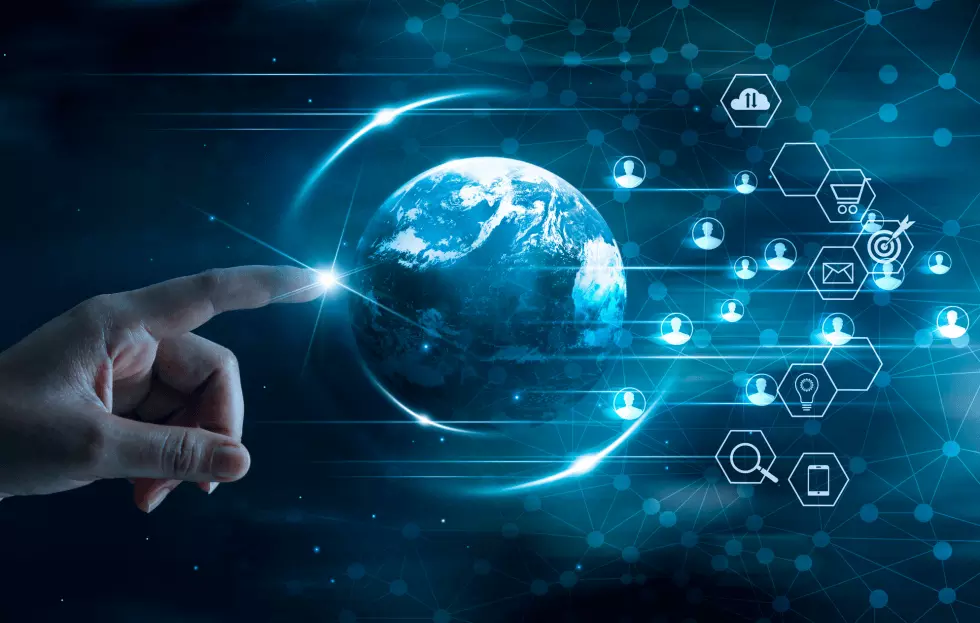In today’s fast-paced world, political developments shape the course of history in real-time. Governments, policies, and international relations are constantly evolving, impacting economies and societies worldwide. Rare Career.com/ recently highlighted how political shifts influence job markets, industries, and even career choices for professionals seeking stability in a volatile world. From election outcomes to policy changes, politics play a crucial role in shaping the professional landscape, affecting everything from employment rates to international business strategies.
The Impact of Political Decisions on Global Markets
One of the most significant aspects of politics is its effect on global markets. When a new government takes power or implements new policies, stock markets react almost immediately. For instance, tax reforms, trade agreements, and regulatory changes can cause fluctuations in financial markets. Investors closely monitor political trends, knowing that economic stability often hinges on governmental decisions. In the U.S., for example, presidential elections have historically led to market volatility, as investors anticipate shifts in economic policies.
Elections and Their Global Influence
Elections, whether in democratic nations or otherwise, have far-reaching implications. The rise of populism, the emergence of new political ideologies, and shifts in leadership can alter international alliances and diplomatic relations. The recent political transitions in major global powers have demonstrated how leadership changes can impact foreign policies, trade agreements, and defense strategies. Countries that were once allies may find themselves at odds due to new political agendas, reshaping geopolitical dynamics.
Policy Changes and Public Reactions
Every political administration brings a new set of policies that directly affect citizens. Issues like healthcare, education, immigration, and climate change policies can spark public debates and even protests. In democratic societies, public opinion plays a crucial role in shaping government decisions, as leaders seek to maintain voter support. The power of social media has also transformed political engagement, allowing people to voice their concerns and mobilize for or against policies more efficiently than ever before.
International Relations and Diplomatic Tensions
In a world where nations are more interconnected than ever, diplomatic relations are vital to maintaining global stability. Trade wars, military conflicts, and diplomatic agreements all influence the global political climate. Recent geopolitical tensions between major powers have shown how fragile international relations can be, leading to sanctions, economic restrictions, and, in some cases, military interventions. Effective diplomacy is key to preventing conflicts and fostering cooperation among nations.
The Role of the Media in Political Discourse
Media plays a crucial role in shaping public perception of political events. With the rise of digital platforms, political news spreads faster than ever before. However, this also comes with the challenge of misinformation and biased reporting. Citizens must be discerning in their news consumption, verifying sources and seeking balanced perspectives to make informed decisions. Responsible journalism remains a pillar of democracy, ensuring transparency and accountability in governance.
Conclusion
Politics remains a dynamic and powerful force that influences every aspect of society. From economic stability to international relations, the decisions made by political leaders shape the future of nations and the world at large. As citizens and global observers, staying informed and engaged in political discourse is essential for fostering democratic values and ensuring a stable and prosperous society. Whether through elections, policy advocacy, or diplomatic efforts, political participation remains a fundamental aspect of shaping the world we live in today.



